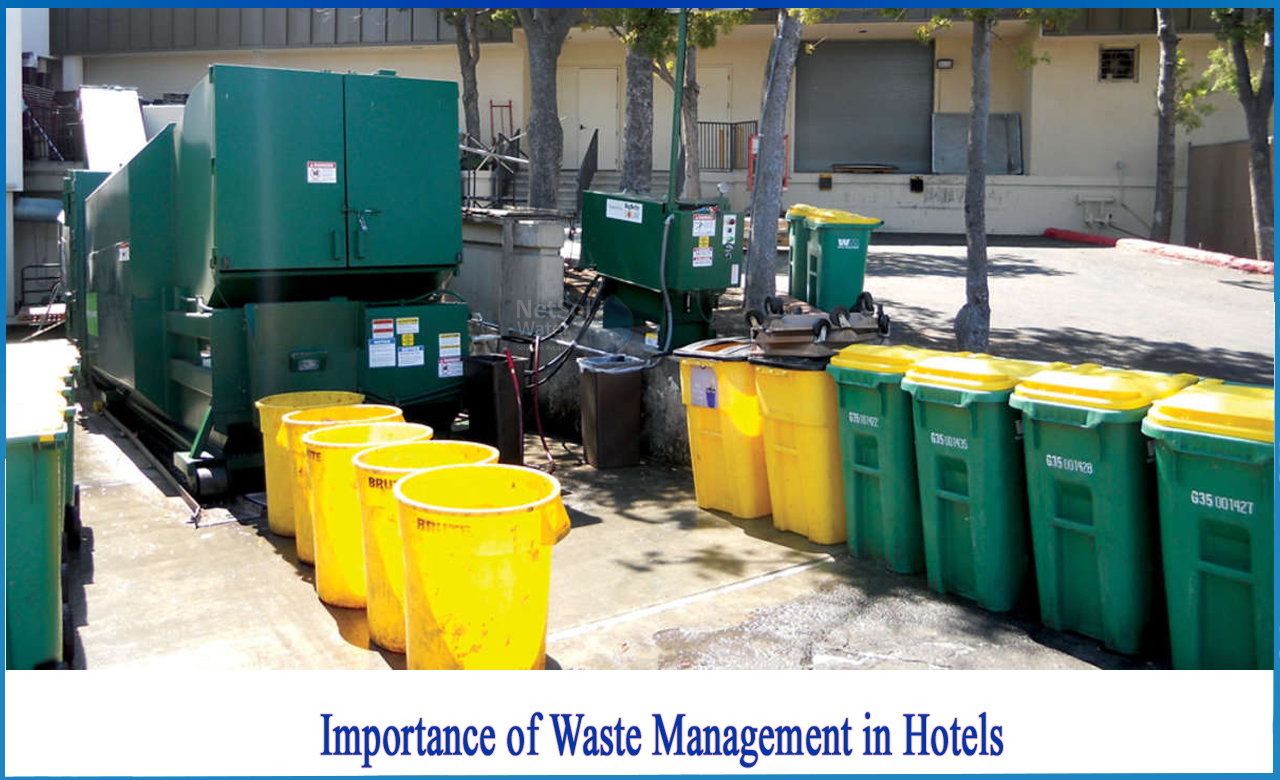Examine This Report on Reclaim Waste
Examine This Report on Reclaim Waste
Blog Article
Get This Report about Reclaim Waste
Table of ContentsNot known Details About Reclaim Waste Our Reclaim Waste StatementsIndicators on Reclaim Waste You Should Know6 Simple Techniques For Reclaim WasteThe Ultimate Guide To Reclaim Waste
Explore the kinds, incidents, and forms of liquid waste. Domestic sewer waste refers to the waste and items from a household septic system. This type of waste is developed by people in houses, schools, and various other structures. This only includes septic systems that have a drainpipe area. The appropriate management and disposal of domestic sewage waste call for liquid waste to be transferred to a sewage treatment plant where the correct methods and equipment are applied to purify and dispose of waste.
Business waste commonly consists of potential hazards, such as combustible materials or a blend of fluid and solid waste items, and requires an advanced and comprehensive disposal process. The disposal of business waste commonly entails the purification of waste before transport to make sure safe and proper disposal. Hazardous waste is created from byproducts and runoff of industrial processes and production.
This type of waste can not use the very same sewage monitoring transport or procedures as septic or industrial fluids. The industrial waste monitoring procedure calls for the inspection and screening of fluid waste before it undergoes the disposal procedure (industrial wastewater treatment). Runoff waste is the fluid waste that originates from drainage and excess stormwater in extremely booming locations or cities
Runoff waste can create contamination and flooding otherwise dealt with properly. Discover extra about sewage system cleansing and waste administration. Ensuring proper waste administration can protect against disasters and reduce environmental harm. Both individuals in domestic setups and specialists in industrial or manufacturing markets can gain from recognizing the procedures and regulations of liquid waste administration.
Little Known Facts About Reclaim Waste.
Get in touch with PROS Providers today to find out concerning our waste administration and disposal services and the proper methods to care for the liquid waste you generate.
(https://www.mixcloud.com/reclaimwaste1/)Do you recognize what occurs to your water when you end, purge the bathroom or drain the washing maker? No? Well, it's worth knowing. This supposed 'wastewater' is not just a crucial source yet, after therapy, will be released to our land, waterways or the sea. Utilized water from commodes, showers, bathrooms, kitchen area sinks, washings and industrial procedures is referred to as wastewater.

water used to cool equipment or clean plant and equipment). Stormwater, a form of wastewater, is overflow that flows from agricultural and urban areas such as roofings, parks, yards, roadways, courses and rain gutters into stormwater drains, after rain. Stormwater flows untreated straight to neighborhood creeks or rivers, eventually reaching the ocean.
The Of Reclaim Waste
In Queensland, most wastewater is dealt with at sewer treatment plants. Wastewater is transferred from domestic or industrial sites via a system of sewage systems and pump terminals, understood as sewerage reticulation, to a sewage treatment plant.
The Department of Natural Resources suggests city governments regarding handling, operating and keeping sewerage systems and treatment plants. Clicking Here In unsewered areas, regional federal governments may require homeowners to install private or house sewer treatment systems to deal with domestic wastewater from toilets, kitchens, shower rooms and washings. The Division of Natural Resources authorizes the usage of home systems when they are shown to be effective.
The majority of stormwater obtains no treatment. In some brand-new communities, treatment of some stormwater to remove clutter, sand and gravel has actually begun using gross toxin catches. Wastewater treatment happens in four phases: Eliminates strong issue. Larger solids, such as plastics and various other things mistakenly released to sewage systems, are removed when wastewater is gone through screens.
Makes use of tiny living organisms understands as micro-organisms to damage down and remove continuing to be liquified wastes and fine bits. Micro-organisms and wastes are incorporated in the sludge.
How Reclaim Waste can Save You Time, Stress, and Money.
Nutrient removal is not readily available at all sewer treatment plants because it requires costly specialised tools. It is coming to be more common in Queensland. Clear liquid effluent produced after treatment might still contain disease-causing micro-organisms. If this effluent is launched into waterways such as rivers or the sea, the micro-organisms will eventually pass away out.

This normally indicates wastewater needs to be dealt with or impurities eliminated before it can be released to rivers. Many wastewater flows right into the sewerage system. Under the Act, local federal governments carry out authorizations and permits for ecologically appropriate tasks (Ages) including wastewater releases that could have a regional effect. The division administers approvals and permits to Periods entailing wastewater launches that could have a local or statewide influence.
5 Simple Techniques For Reclaim Waste
Otherwise, samples are taken for laboratory evaluation. Typically many tests are required to establish the levels of each of the various pollutants such as oils, hefty metals and chemicals in water. Tracking supplies accurate info about water high quality and can verify that licence problems are being met. The details obtained via monitoring offers the basis for making water top quality decisions.
Report this page